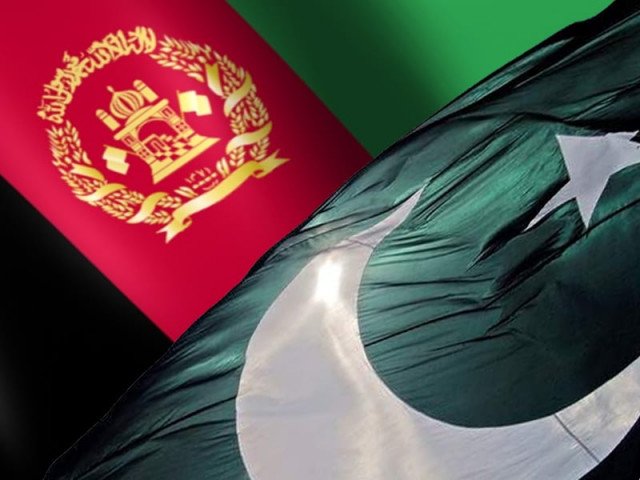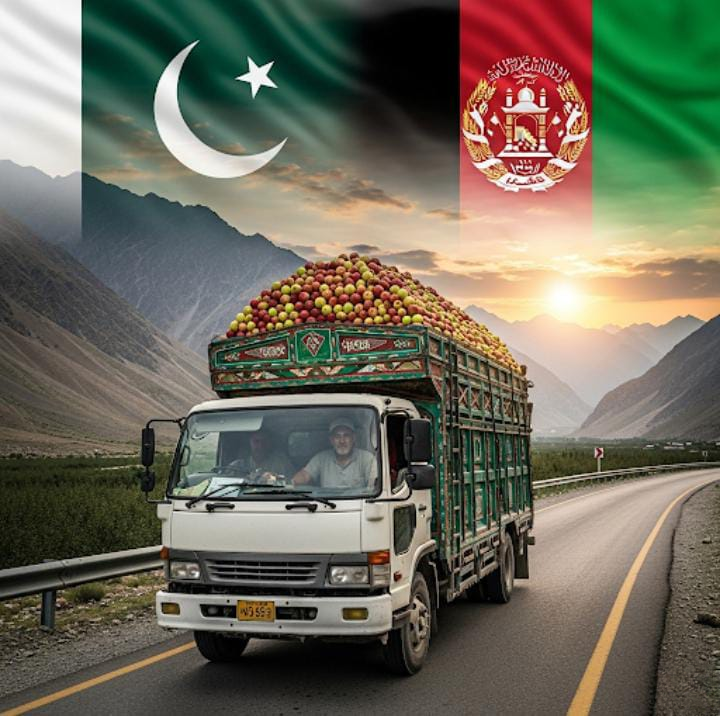In a significant move aimed at boosting regional economic cooperation and strengthening bilateral ties, Pakistan & Afghanistan to Sign Trade Deal for Duty Free Trade of Fruits between the two neighboring countries. This step is seen as a strategic breakthrough in the often strained relationship between Islamabad and Kabul and reflects a mutual effort to rebuild economic bridges despite political tensions and security challenges in the region.
The proposed agreement focuses primarily on agricultural produce, particularly fresh fruits, which are among the most traded commodities between Pakistan and Afghanistan. Afghanistan is widely known for its high-quality fruits such as pomegranates, grapes, melons, and apricots, while Pakistan exports large quantities of mangoes, citrus fruits, apples, and dates. Currently, both countries impose various duties and tariffs on the import of each other’s produce, which limits the flow of trade and increases prices for consumers.
With this new trade deal, farmers, exporters, and traders from both sides are expected to benefit immensely. The removal of customs duties will not only reduce the cost of doing business but will also make the fruits more affordable and competitive in the local and international markets. It is anticipated that this agreement will particularly benefit small-scale farmers and fruit growers who often struggle with high logistics and taxation costs when selling across the border.

According to officials involved in the negotiation, the deal includes simplified customs procedures, dedicated trade routes, and fast-track clearance mechanisms for perishable items. Seasonal fruits will be prioritized, and both countries have agreed to establish quarantine and quality control facilities at key border points like Torkham and Chaman, to ensure that exported fruits meet international standards.
This duty-free agreement is part of a broader framework of regional economic integration being encouraged by organizations like SAARC and SCO, and has been facilitated through several rounds of diplomatic engagement. It is also expected to curb illegal smuggling of fruits, which has been rampant due to high tariffs and long clearance delays at border points. By offering legal and smoother trade routes, the governments hope to increase revenue through volume instead of taxation.
Economists are hopeful that this move could be a stepping stone toward a wider Preferential Trade Agreement (PTA) or even a Free Trade Agreement (FTA) between Pakistan and Afghanistan in the near future, which may include other products like vegetables, dried fruits, and handicrafts.
Beyond economics, this trade pact symbolizes a gesture of goodwill and mutual respect. In times of political instability and diplomatic uncertainty, such agreements show that common interests like food security, trade, and agriculture can bring nations closer together.
If successfully implemented, the Pakistan & Afghanistan to Sign Trade Deal for Duty Free Trade of Fruits could boost annual trade volumes by millions of dollars and provide much-needed economic relief to farmers, boost employment, and improve the quality of fresh produce available in both countries.
The deal is expected to be officially signed in the coming weeks during a high-level visit by Afghan officials to Islamabad or vice versa. Business communities on both sides have expressed optimism and are preparing to expand their operations in anticipation of a more open and profitable cross-border trade era.
Read More:



